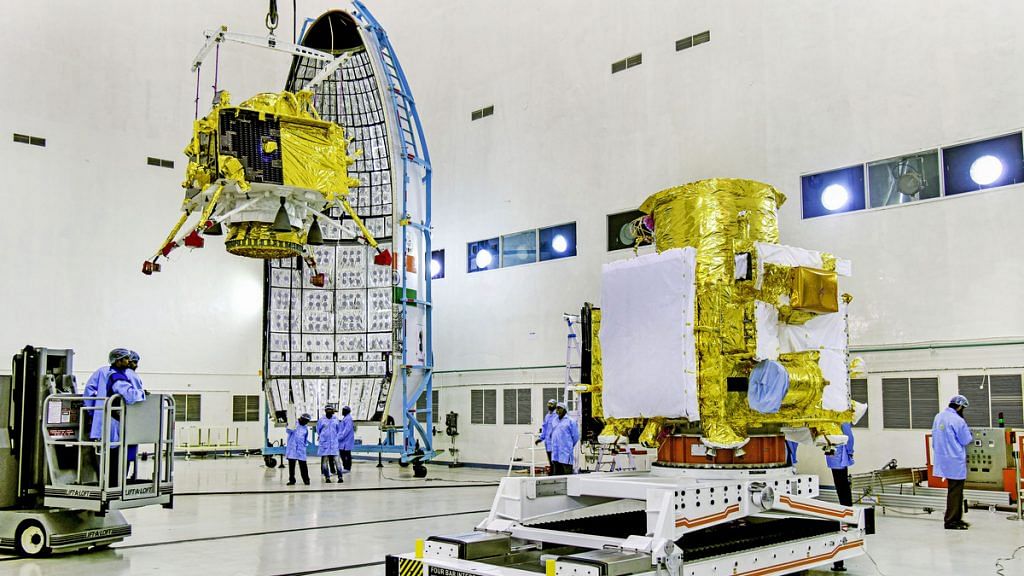New Delhi: India’s space energy has not been able to establish contact with Chandrayaan-3’s lander and rover modules even after day broke on the moon Friday.
The solar-powered Vikram and Pragyan were put to sleep on 4 September after working on the lunar surface for one moon day or 14 earth days.
Though the duo had already completed their mission when the freezing lunar night set in, scientists hoped daylight would recharge their system to make them fighting fit for another moon day.
It was learnt that the Indian Space Research Organisation (ISRO) would try to contact the spacecrafts over 21 and 22 September.
The agency posted on X Friday evening that “efforts had been made to establish communication with the Vikram lander and Pragyan rover to ascertain their wake-up condition”, but added no signals – “as of now” – had been received from them.
ISRO said efforts to establish contact would continue.
In a historic landing – the first for any country on the lunar south pole – Vikram touched down on the moon’s surface at 6.04 pm on 23 August. It soon rolled out the rover Pragyan to explore the moon’s surface.
For the next 10-odd days, their payloads confirmed the presence of sulphur on the Moon. Pragyan has also managed to show its capability to autonomously navigate the surface of the moon, detecting and avoiding obstacles in its path.
Also read: Fairly good chance that Vikram & Pragyan will wake up on moon, says former ISRO chief
